Innovation is central to the largest challenges the world faces, from climate change and an ageing society to global pandemics.
Universities work closely with businesses, charities and others to support research and facilitate commercialisation. The interaction between universities and business is therefore vitally important for innovation.
The Department for Business, Energy and Industrial Strategy (BEIS) has published its Innovation Strategy, setting out its long-term plan for delivering innovation-led growth.
Innovate UK and UKRI are supporting the strategy while universities and other research organisations are expected to play a key role in embedding and implementing its objectives.
The four Pillars
The strategy has four key objectives – referred to as ‘Pillars’ – to support the development of the UK as a global hub for innovation by 2035:
- Pillar 1: Unleashing business – We will fuel businesses who want to innovate.
- Pillar 2: People – We will make the UK the most exciting place for innovation talent.
- Pillar 3: Institutions & Places – We will ensure our research, development & innovation institutions serve the needs of businesses and places across the UK.
- Pillar 4: Missions & Technologies – We will stimulate innovation to tackle major challenges faced by the UK and the world and drive capability in key technologies
Some key takeaways from the strategy include:
Commercialisation of research
There is a real focus on commercialisation and using the UK’s research base to take new ideas and technologies to market.
The strategy outlines how the government plans to support commercialisation activities – both in the early stages and in the acceleration of deployment and scaling up. As part of this, UKRI will establish a UKRI-wide Commercialisation Funding Framework, which will include offering long-term, stage-gated funding to commercialise new and improved technologies, products, processes or services.
Navigating university-business relationships:
Business-research partnerships play an important role in driving innovation activity at a local and national level. The strategy outlines ways in which the interactions between universities and business can be more easily navigated, opening up opportunities for collaboration.
As well as the creation of ARIA (see yesterday’s blog post!) there are plans for UKRI (via Innovate UK) to develop a simpler way for businesses to access and understand opportunities and support.
Levelling-up
The government’s ‘levelling up’ agenda also plays a key role, targeting R&D interventions to the needs and strengths of specific regions.
The strategy discusses enabling places with emerging research and innovation strengths to deliver greater local economic benefits, linking this to local sector strengths as appropriate.
This includes helping places to develop effective investment strategies and an R&D prospectus, aligned to local and regional opportunities and national priorities.
Tackling major challenges
The government plans to direct innovation through a suite of ‘Innovation Missions’ focused on some of its most pressing national priorities and global challenges – such as the climate and biodiversity crises, demographic change, and pandemics.
Innovation Missions will translate these challenges into tangible problems, and bring together the insights and resources of government, industry, civil society, and academia to tackle them.
Find out more about the Innovation Strategy on the Government website
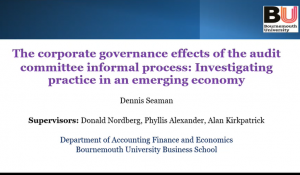
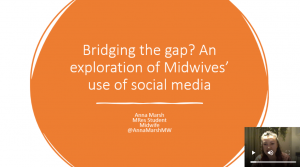
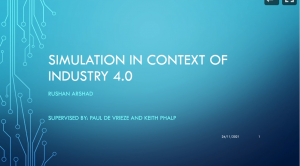
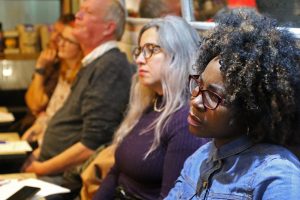
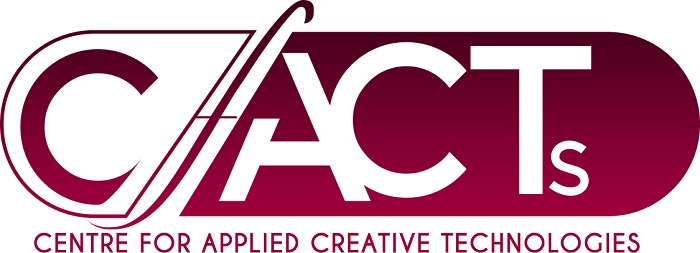
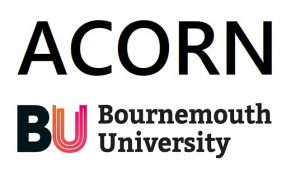 this is a reminder that ACORN Round 4 is closing on 10 December 2021 at 5pm.
this is a reminder that ACORN Round 4 is closing on 10 December 2021 at 5pm.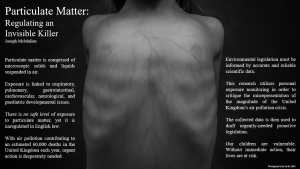
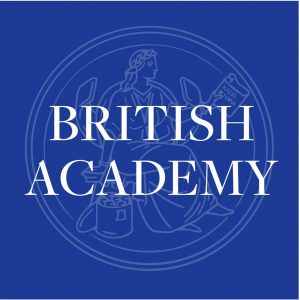
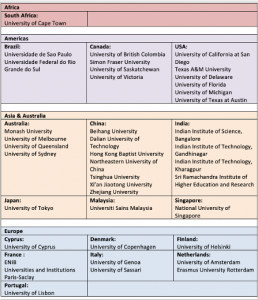
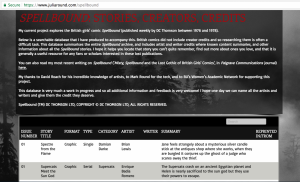

 An opportunity has arisen for an Outputs Champion for Unit of Assessment (UOA) 11 (Computer Science and Informatics) to help drive preparations for the next REF. This role would initially be until summer 2022.BU is making early preparations towards units of assessment (UOAs) for the next Research Excellence Framework (REF) exercise. Each UOA has a UOA Leader, supported by Impact and Outputs Champions. The roles are recruited through an open and transparent process, which gives all academic staff the opportunity to put themselves forward for UOA Leader roles.We are currently seeking expressions of interest (EoI) from academic staff interested in supporting outputs development for UOA 11 (Computer Science and Informatics).
An opportunity has arisen for an Outputs Champion for Unit of Assessment (UOA) 11 (Computer Science and Informatics) to help drive preparations for the next REF. This role would initially be until summer 2022.BU is making early preparations towards units of assessment (UOAs) for the next Research Excellence Framework (REF) exercise. Each UOA has a UOA Leader, supported by Impact and Outputs Champions. The roles are recruited through an open and transparent process, which gives all academic staff the opportunity to put themselves forward for UOA Leader roles.We are currently seeking expressions of interest (EoI) from academic staff interested in supporting outputs development for UOA 11 (Computer Science and Informatics).
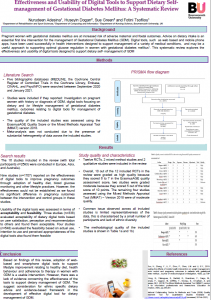











 Writing policy briefs
Writing policy briefs Upholding Excellence: The Concordat to Support Research Integrity
Upholding Excellence: The Concordat to Support Research Integrity Today’s Documentation Will Serve Tomorrow’s Justice
Today’s Documentation Will Serve Tomorrow’s Justice Up2U: New BU academic publication
Up2U: New BU academic publication New BU midwifery paper
New BU midwifery paper ECR Funding Open Call: Research Culture & Community Grant – Application Deadline Friday 12 December
ECR Funding Open Call: Research Culture & Community Grant – Application Deadline Friday 12 December MSCA Postdoctoral Fellowships 2025 Call
MSCA Postdoctoral Fellowships 2025 Call ERC Advanced Grant 2025 Webinar
ERC Advanced Grant 2025 Webinar Horizon Europe Work Programme 2025 Published
Horizon Europe Work Programme 2025 Published Horizon Europe 2025 Work Programme pre-Published
Horizon Europe 2025 Work Programme pre-Published Update on UKRO services
Update on UKRO services European research project exploring use of ‘virtual twins’ to better manage metabolic associated fatty liver disease
European research project exploring use of ‘virtual twins’ to better manage metabolic associated fatty liver disease